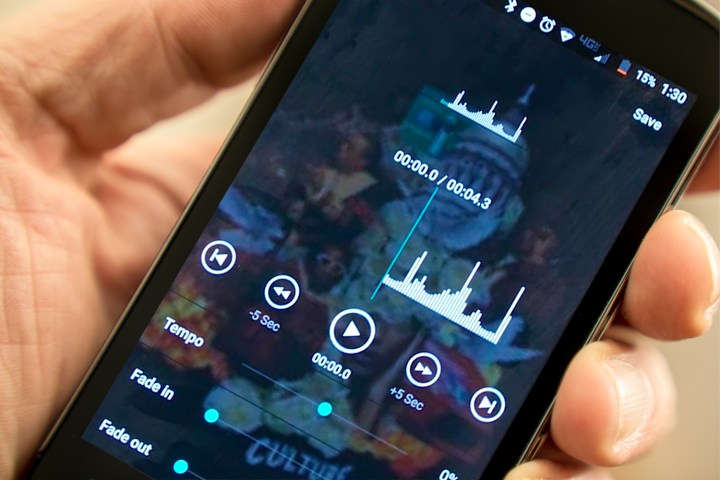
For some, the joys and conveniences of the streaming music revolution have come at too high a price. Specifically: Audio quality. Bandwidth has been the chief culprit here, with lossless, 24-bit 96kHz or greater audio files simply being too big to stream.
British company, Master Quality Authenticated (MQA), changed all that a few years ago by developing a new audio codec that preserves the full quality of master recordings, yet simultaneously reducing streaming bandwidth to manageable levels. Tidal, which already had a Hi-Fi subscription level that gave its customers a lossless collection of tracks, added MQA-encoded files in 2017.
More CES 2019 coverage
- Huawei MediaPad M5 Lite hands-on review
- Tidal’s better-than-CD MQA tracks come to Android
- Sprint will carry a Samsung 5G smartphone as soon as this summer
Though hardly cheap, at $20 a month, this collaboration finally looked like a streaming service an audiophile could love. Except that there was a catch: Very few devices on the market at the time were capable of decoding MQA’s proprietary format. With Tidal’s MQA launch, you could hear the hi-res tracks on Windows, and devices from 14 different companies — and none of these were phones.
Today, that changes in a big way, with Tidal announcing that its Android app will now contain a software decoder for MQA tracks, essentially turning all compatible Android devices into hi-res music machines. “Mainstream audiences are increasingly choosing to stream music and listen on their mobile devices,” a Tidal press release says. The move makes a lot of sense, from a Tidal subscriber’s point of view. If you’re paying for Hi-Fi level audio quality, it’s frustrating if that’s only available to you at home. With this mobile launch, Tidal listeners with Android phones (and presumably high-quality headphones) can now get their hi-res fix wherever they happen to be.
This might also be the push that Tidal and music labels need to seriously amp up the number of albums available in MQA. Tidal doesn’t say how many MQA albums are on the service, noting only that “We have a large number of tracks from our Tidal artist owners and key independent labels. We will continue to add more master-quality content over time.” What we do know is that MQA has already inked deals with the three biggest music labels, so hopefully this mobile launch represents the last piece of the puzzle, leading to an expansion of Tidal’s hi-res offering. It may also serve as a demonstration to other services like Amazon Music, Apple Music, and Google’s YouTube Music, that consumers want — and are ready to pay for — top-quality streaming audio.



